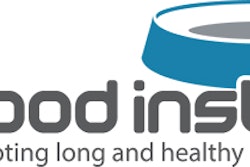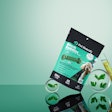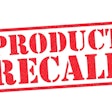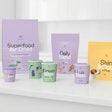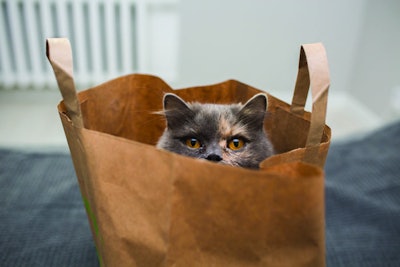
Per- and polyfluoroalkyl substances (PFAS) help pet food packaging resist oils, fats and moisture from the products they contain. However, pet owners and lawmakers have increased their attention to potential health problems caused by some PFAS. For the pet food industry, this raises problems, since few alternatives exist to PFAS.
However, one pet food packaging producer does have an option. What’s more, after use, the paper-based packaging can also decompose under the right conditions. Ahlstrom’s FluoroFree paper meets the requirements of both European Union and U.S. Food and Drug Administration regulations, Addie Teeters, head of marketing communications for Ahlstrom, told Petfood Industry.
“Ahlstrom’s FluoroFree products meet all existing and proposed state regulations in addition to being Biodegradable Products Institute (BPI) compostability certified and meeting BPI’s free of PFAS standards.
“Ahlstrom has commercialized products in the market for leading dry pet food brands, and the feedback has been extremely positive,” Teeters said. “We are helping brands achieve their sustainability goals while still helping them meet their brand and packaging standards.”
Ahlstrom’s PFAS-free grease-resistant pet food package maintains strength and printability for branding, she said. The packaging could replace plastic.
“Additionally, this product passed ‘pet food taste testing’ to ensure the true customers were pleased with the switch,” Teeters said.
PFAS on pet food packaging
Manufacturers use thousands of PFAS in products ranging from pet food bags to ammunition, climbing ropes, guitar strings and artificial turf. Scientists have identified health risks from some PFAS, such as increased testicular and kidney cancer risk and infertility. Along with their ubiquity, the problem arises from how slowly PFAS break down in the environment and in animals’ bodies. People and animals absorb PFAS, and the chemicals remain in their bodies for many years, if not life.
PFAS garnered attention in November 2022 after the Environmental Working Group published a report documenting the chemicals’ presence on pet food packages. Soon thereafter lawyers filed a class action lawsuit against J.M. Smucker alleging that the company misleadingly labels 9Lives, Kibbles ‘n Bits and Meow Mix cat foods as being healthy, despite the presence of titanium dioxide in the pet foods and identified PFAS on the packaging.
In the U.S., ten states now prohibit PFAS in food packaging, with more likely to follow in 2023, according to the Pet Food Institute.
Those regulations include:
On Dec. 31, 2022, New York declared that no person shall distribute, sell or offer for sale any food packaging containing intentionally added PFAS.
Starting Jan. 1, 2023 in California, no person shall distribute, sell or offer for sale any food packaging that contains intentionally added PFAS or the presence of PFAS at or above 100ppm.
In Vermont as of July 1, 2023, a manufacturer, supplier or distributor shall not manufacture, sell, offer for sale, distribute for sale or distribute a food package to which PFAS have been intentionally added and are present in any amount.
In Connecticut as of Dec. 31, 2023 no food package to which PFAS have been intentionally introduced during manufacturing or distribution in any amount shall be offered for sale or for promotional purposes in this state by its manufacturer or distributor.
Maine’s PFAS in Products Reporting Law goes into effect January 1, 2023 and requires manufacturers to report the intentionally added presence of PFAS in products or product components to the Maine Department of Environmental Protection (DEP), including packaging.




